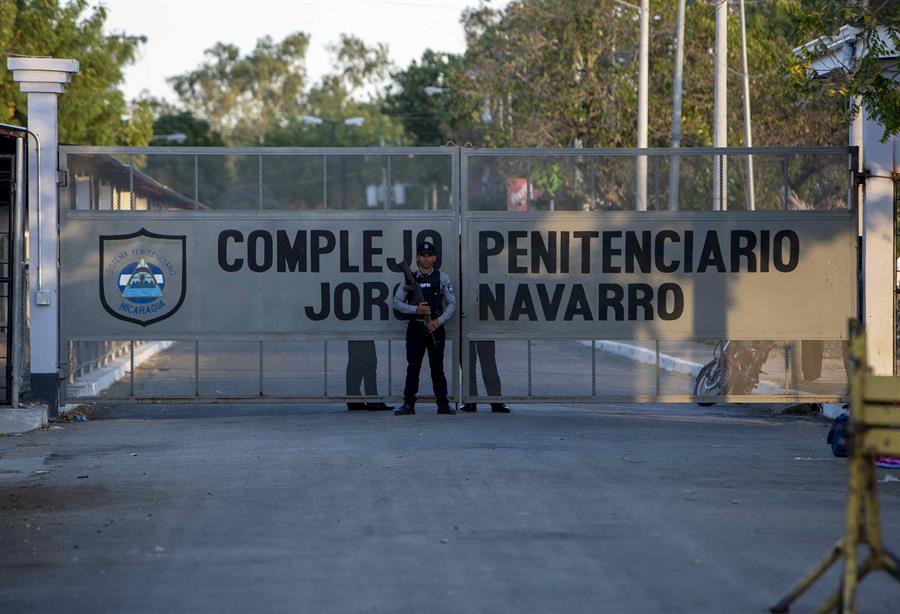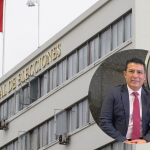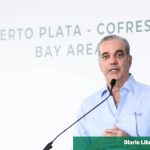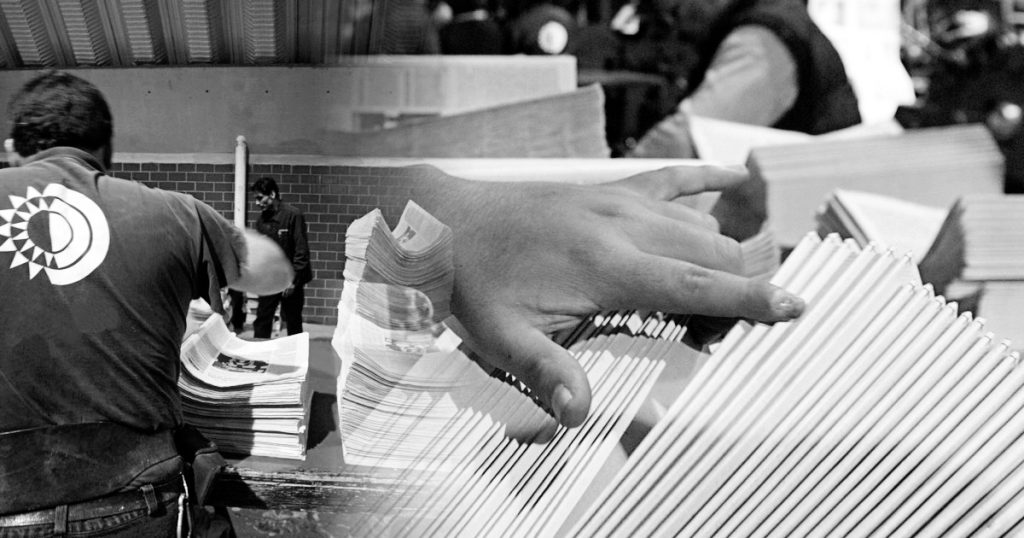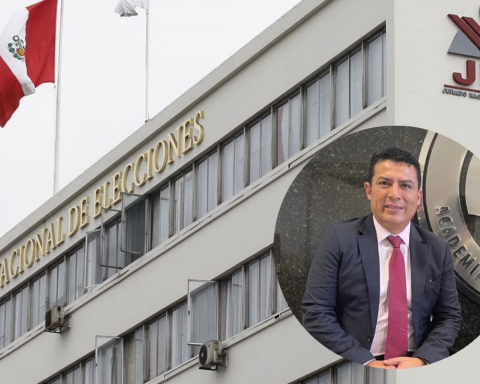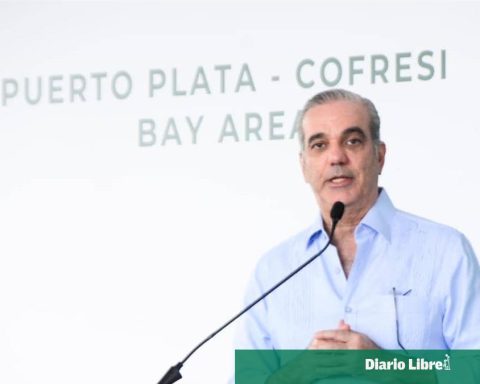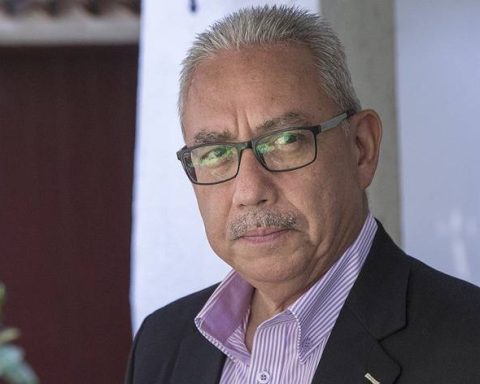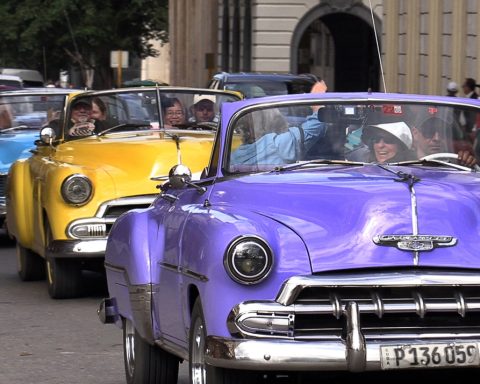The Ortega regime has imposed greater control and surveillance on political prisoners in the Jorge Navarro Penitentiary System, known as La Modelo, after at least 20 prisoners of conscience were held for more than two weeks on a hunger strikedemanding their freedom and respect for their human rights.
“If there is more control and more restriction within the System. They are watching them more, they are keeping them short”, confided a relative of one of the political prisoners, who requested anonymity for fear of reprisals, because the same intimidation exerted by the officials has caused the relatives of the prisoners of conscience to remain silent about the arbitrariness they suffer out of fear.
Allan Gómez, a member of the National Union of Nicaraguan Political Prisoners and Prisoners (UPPN), assured that political prisoners suffered reprisals by officials of the System, forcing them to give up the hunger strike. They took pictures of them during the delivery of food, even if they did not consume it.
During the visits, some relatives complained about the excessive control and commented that the officials told them to talk to their imprisoned relatives so that they would desist from being deprived of food and to share information among themselves and with the media. This has caused that the “relatives do not want to talk much about it,” said Gómez.
In La Modelo, 89 prisoners of conscience are held —including ten political prisoners before 2018— of the 220 that it maintains. The Ortega regime has been imprisoned in the different prisons of the country, according to data recorded until September by the Mechanism for the Recognition of Political Prisoners.
On several occasions, their relatives have denounced the mistreatment they receive in the prisons, subjected to water shortages, poor health care, overcrowding, threats by guards, excessive searches and photographic control against their will.
The intensification of the repression, according to a relative, seeks to “control” them so that they do not join any type of demonstration inside the prison, where they remain mixed up with common inmates, making it impossible to organize better, he said.
According to Gómez, from UPPN, prisoners of conscience have the right to seven authorized people to visit them, but a few months ago, that changed. Currently they only authorize one to three people to enter the prison, becoming a “generalized” measure for political prisoners. In fact, that was one of the reasons why they started the hunger strike, added to the fact that several of them have been restricted from conjugal visits.
These conditions have led some political prisoners to seek other ways to protest. The UPPN received information that the Last Saturday, October 29, two prisoners of conscience beat the bars of their cell demanding their freedom. One of them —whose identity is being withheld— was beaten and transferred to maximum security cells; a threat that is recurring against the other captives.
70 days without receiving visitors.
I don’t know anything about my husband @maradiaga imprisoned for political reasons in #Nicaragua.
The solitary confinement must cease. This is also torture for their relatives. #FreedomNow #SOSNicaragua #StopTorture
– Berta Valle (@bertavalle) November 4, 2022
71 days in isolation in El Chipote
Meanwhile, in the Judicial Assistance Directorate (DAJ), El Chipote, silence prevails over the schedule of visits by prisoners of conscience, who this Saturday will complete 71 days of total incommunicado detention with their families. The police do not provide information and the relatives count the days waiting to be summoned after this long wait, only surpassed by the almost 95 days, which remained isolated after being captured, at the end of May 2021.
One of the anonymous relatives pointed out that “there is general desperation.” “After the 30 days have passed, the political prisoners begin to have anxiety because the visits are already coming and what has passed for more than two months is inhuman and extreme psychological torture,” he said.
In a recent interview on the show This week, the human rights specialist, Uriel Pineda, pointed out that the solitary confinement to which the regime subjects the 27 prisoners of conscience in El Chipote is part of a “strategy” to prevent the flow of information to denounce the cruel treatment of which they are victims; mainly against the political prisoners Dora María Téllez, Irving Larios, Miguel Mendoza and Róger Reyes, who have been on a hunger strike since mid-September.
The first two protest for the system of torture to stop, and the second to see their daughters, whom they have not hugged for over a year.
